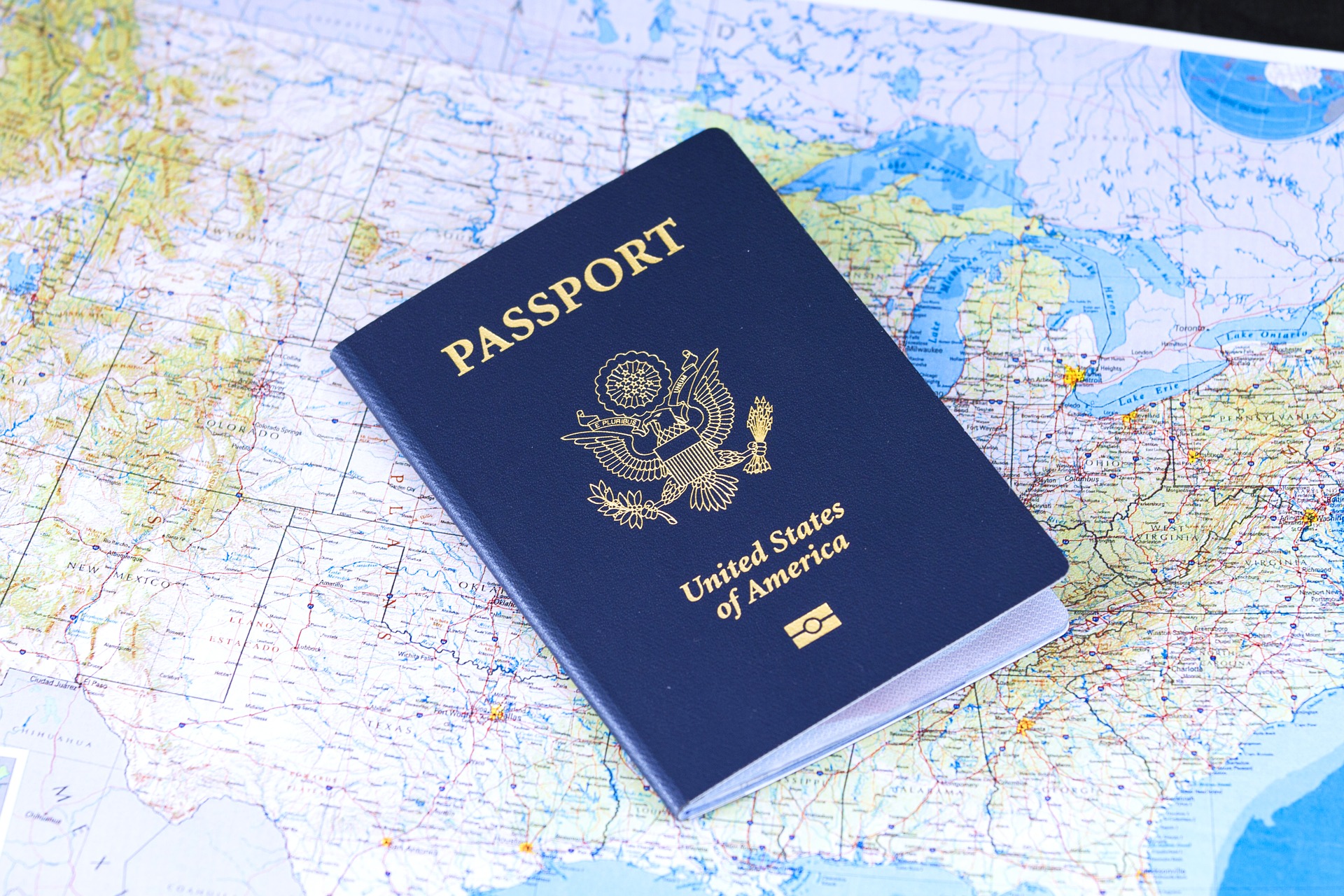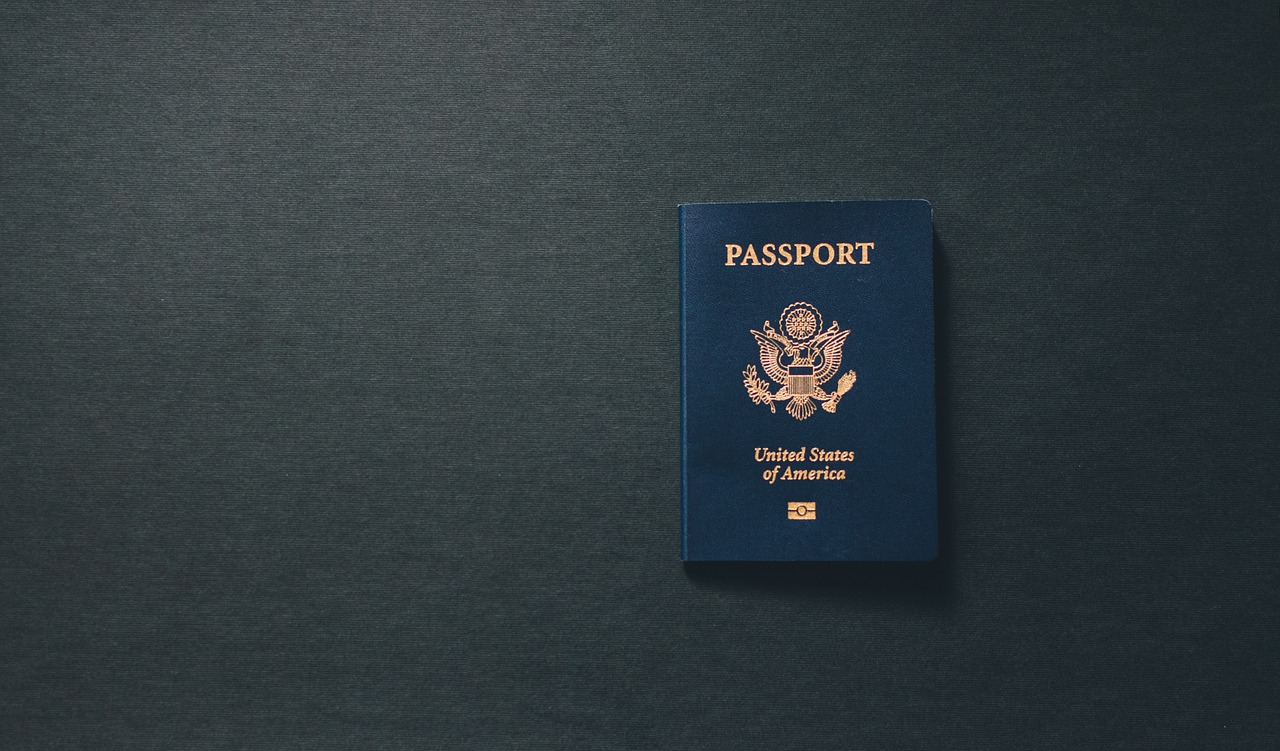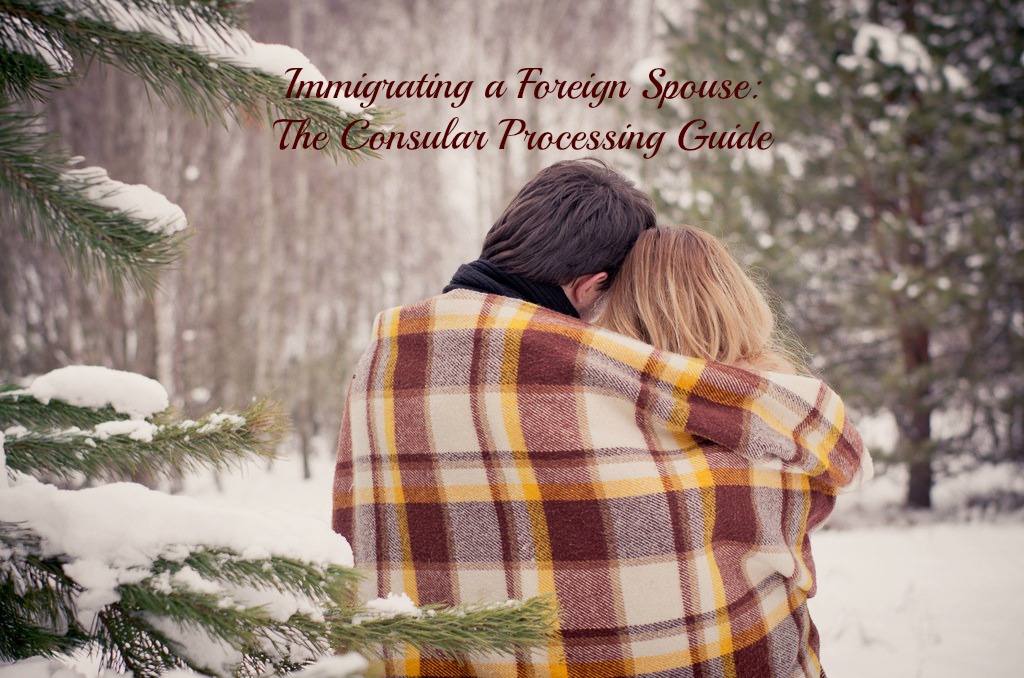In this post, we share with our readers the top five things you need to know before filing for citizenship.
- You must be a lawful permanent resident of the United States for a required period of time to apply for citizenship
In order to apply for citizenship, you must be a lawful permanent resident of the United States for a specified period of time. The period of time you must wait before filing for citizenship depends on how you acquired your permanent residence.
If you acquired your permanent residence based on marriage to a United States Citizen spouse, and you are still married to that individual, you may apply for citizenship once you have reached a 3-year period of continuous residence as a legal permanent resident.
If you are no longer married to the U.S. Citizen spouse through which you gained your permanent residence, or if you did not gain your permanent residence based on marriage, you may apply for citizenship once you have reached a required 5-year period of continuous residence as a legal permanent resident.
- You must demonstrate that you have been physically present in the United States and maintained continuous residence for a required period of time in order to file for citizenship
Physical Presence
In order to apply for citizenship, you must demonstrate that you have been physically present in the United States for at least 30 months in the 5 years preceding your citizenship application.
Continuous Residence
In addition, you must demonstrate that you have maintained continuous residence in the United States for a 3- or 5-year period depending on how you obtained your permanent residence. This means that you must not have taken any trips outside of the United States that lasted more than 6 months out of the year in the 5 years preceding your citizenship application. Trips outside of the United States include trips taken to Mexico.
 Visa Lawyer Blog
Visa Lawyer Blog








